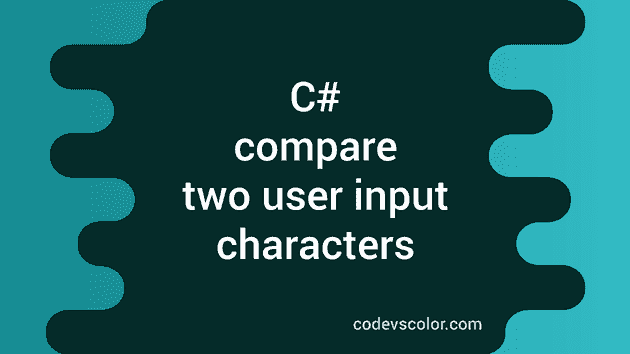

- #Kotlin to swift converter manual#
- #Kotlin to swift converter software#
- #Kotlin to swift converter code#
- #Kotlin to swift converter download#
When we are sure that x contains a value, we can access it. Note that we have to unwrap x by appending an exclamation mark (!). We have to test x first, and make sure that the successor function is invoked on a real number, and not a nil value: var x = "2014".toInt() The compiler signals an error, since x is an optional and could potentially be nil. Let’s try to call a standard function on x: var x = "2014".toInt() The return type of toInt() function is Int?, which is an optional Int.
#Kotlin to swift converter code#
If you make a change in this code and assign the value "abc" to s, which cannot be converted to an Integer, you will notice that x is now a nil. This means that Swift compiler was aware that x might also be nil.

If you take a look at the following code, you will notice that x was assigned an Optional value of 2014. Optional values can have a value or be nil. So where’s the Objective-C nil equivalent? Swift introduces optional values. For example, the following code declares an array as a constant, and if you attempt to modify any of the elements, the Swift compiler will report an error: var arr2 = Ĭonstants need to be initialized when declaring them, and variables need to be initialized before use. Other types can also be declared as constant. Let c2 = v // Constant known only at run timeĪs their name suggests, they are immutable, so the following code will cause a compile-time error. let c1 = 1 // Constant known at compile time The value of a constant doesn’t need to be known at compile time, but you must assign it a value exactly once. If you wish to make your code more readable you can optionally annotate the variable’s type: var y: IntĬonstants are similar, but you declare them using let instead of var. Swift is a type safe language, and it will deduce variable types from the assigned value. You will notice that two variables x and s are of different types. Variables and Constantsĭeclaring a variable in Swift is done using the var keyword. You will find it to be invaluable, and until you are fully up to speed with Swift development I believe that you will come back here often. All examples mentioned in this article are done this way.Īpple’s Swift homepage is the best reference for learning Swift programming.
#Kotlin to swift converter download#
In order to start exploring Swift all you need to do is download XCode from the App Store and create a playground to experiment. I will not spend too much time explaining Objective-C, and I will assume you are familiar with iOS development. The purpose of this tutorial is to give Objective-C developers a quick overview of new Swift language features, helping you take the next step and begin adopting Swift in your everyday work.

It is a perfect moment to start exploring this new language as it is obviously the future of iOS development. Swift 1.0 is already a stable and strong development platform, which is sure to evolve in interesting ways over the coming years. Swift removes the unsafe pointer management and introduces powerful new features, while maintaining interaction with both Objective-C and C. Once again, iOS developers will need to learn a new programming language: Swift. Apple continually improved Objective-C with each release, adding blocks and literals, simplified memory management with automatic reference counting, and many other features indicative of a modern programming language.Īnd after 6 years improving and working on Objective-C, Apple decided to throw another challenge at developers.
#Kotlin to swift converter manual#
Despite unfamiliar syntax and manual memory management, it was immensely successful, helping populate the App Store with tens of thousands of apps. Many of these developers had never used Objective-C before, and that was the first challenge Apple threw at them. They are now recognized as iOS developers.
#Kotlin to swift converter software#
This event started another revolution in software development, and a new breed of developer was born. In 2008 Apple announced and released the iPhone SDK 2.0.


 0 kommentar(er)
0 kommentar(er)
